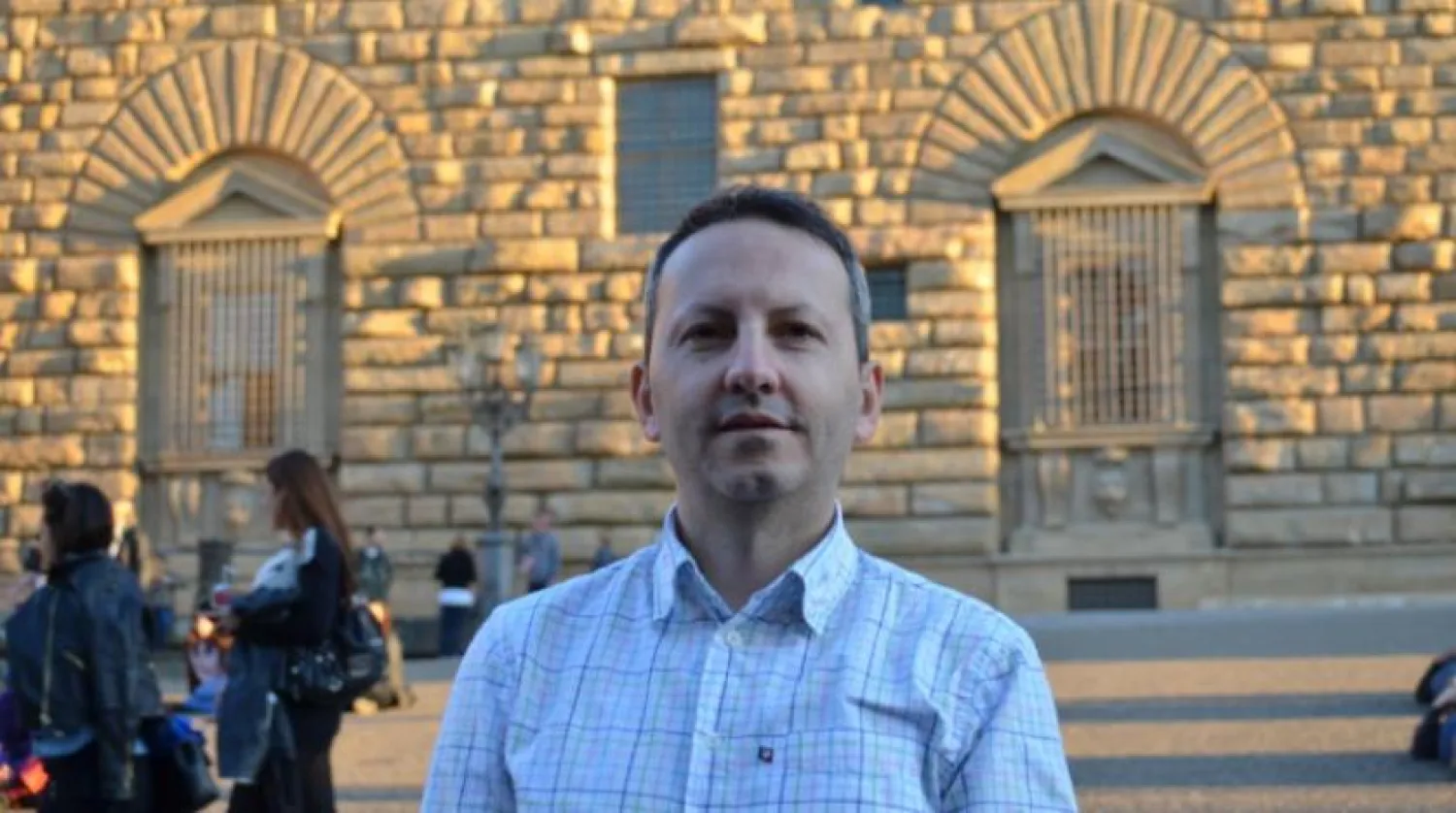The UN human rights office has urged Iran to halt the execution order of Swedish-Iranian academic Ahmadreza Djalali and reverse his death sentence.
"We are deeply alarmed by the imminent execution in the Islamic Republic of Iran of Swedish-Iranian doctor, and academic Ahmedreza Djalali," UN rights office spokeswoman Liz Throssell told reporters in Geneva on Tuesday.
The office, she said, urged the Iranian authorities "to halt the execution and revoke his death sentence."
Iran's semi-official ISNA news agency has reported that Djalali, sentenced to death on charges of spying for Israel, would be executed by May 21.
Iran's Judiciary Spokesman Zabihollah Khodayian said Jalali's death sentence had been finalized.
The spokesman said that Djalali was detained in Iran on espionage charges, and the Swedish government granted him citizenship after he was detained.
Foreign Ministry spokesman Saeed Khatibzadeh said Iran may postpone the execution while stressing that the verdict is "final."
Djalali resided in Stockholm, where he worked at Karolinska Medical Institute and was arrested in 2016 during an academic visit to Tehran.
He was sentenced to death in 2017 on charges of spying for Israel and providing information to its intelligence service (Mossad) about two Iranian nuclear scientists, which contributed to their assassination between 2010 and 2012.
Sweden granted Djalali her citizenship while in detention in February 2018.
Throssell stated that his sentence was "based on a confession that was reportedly extracted under torture, and after a trial that failed to meet international standards."
"In the current circumstances, the execution would therefore constitute an arbitrary deprivation of life," she was quoted as saying by Agence France Presse (AFP).
She also noted that the death penalty on espionage charges is not in line with international human rights law, stressing that "countries that have not yet abolished the death penalty may only impose it for the most serious crimes, which is interpreted as crimes of extreme gravity involving intentional killing."
Relations between Stockholm and Tehran have been strained after Sweden arrested former Iranian official Hamid Nouri.
He faces charges of crime against humanity and war crimes over killings and torturing political prisoners.
Nouri's trial, which Iran has denounced, ended on May 4, and the verdict is expected in July. He could face life imprisonment in Sweden.
The Iranian judiciary ruled out any exchange of prisoners between Tehran and Stockholm, specifically between Djalali and Nouri.
Nouri's court is of great importance as it is the first time an Iranian official has gone on trial for executions.









